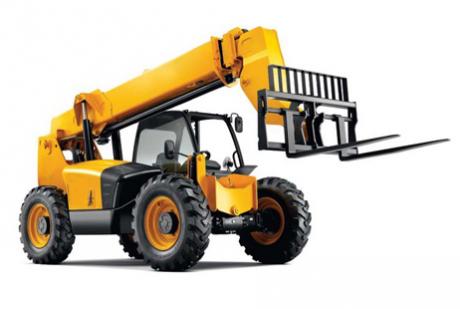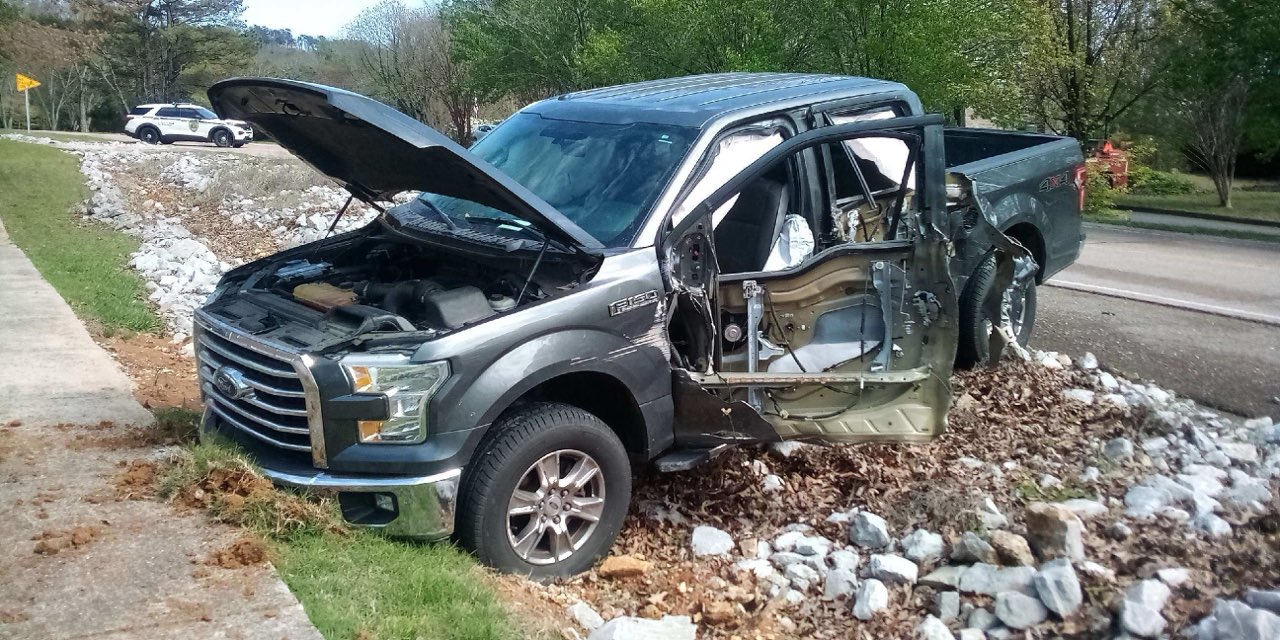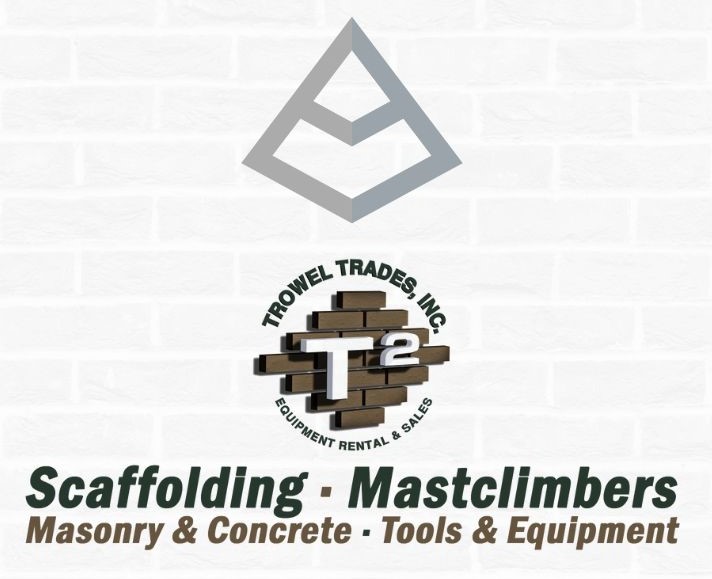
FREE SHIPPING ON
ALL QUALIFYING ORDERS
Enter your email below to join our mailing list:

Heavy equipment is just what it says it is: heavy.
These large and powerful machines can be dangerous to those that work around them as well as those who operate them. The first thing that we need to recognize is that the operator has a limited sight range and blind spots as well. Never assume that the operator can see you! All bi-directional earth moving equipment that has the rear view obstructed must have a backup alarm. This alarm is an audible device that emits a warning sound to let you know that the piece of equipment is backing up. Always observe this warning. Look up from what you are doing and make sure you are out of the way. It is often difficult to hear the backup alarm on noisy construction sites, so if you’re working nearby, be cautious and extra alert for the sound of the alarm.
Other types of heavy equipment are equipped with a horn similar to the one that you have in your car. The operator may sound the horn to warn you or to get your attention to let you know that he is about to swing something around or over you. Keep a keen eye out for the movement of equipment, especially around pinch points. These areas should be barricaded off to limit access so no one gets crushed when a crane swings around.
If you are the operator of heavy equipment, always check the brakes, steering, backup alarm, headlights and other controls before starting. Don’t forget to wear your personal protective equipment. Eye protection, safety boots, hard hat or hearing protection may be required by your employer. If it’s required, be sure to wear it. If the heavy equipment you operate has a seat belt make sure you wear it.
Another area of concern is those who try to hitch a ride on a piece of equipment. This is absolutely forbidden. To do so will cause an accident should the rider fall off. A good rule to follow is no passengers allowed under any circumstances.
Source: Heavy Equipment





No spam, notifications only about products and updates.

Having dealt with MK Diamond Products and the Delahauts since the mid 1990’s it is sad to hear the news that they have closed their

I’ve told my wife and daughter to never follow a mortar mixer down the interstate. For over 30 years we have sold, rented, and repaired

This question is one of the most frequent mixer related questions our rental staff are asked. Our contractor customers know the importance of using the right tools for the job.

Trowel Trades, a company that specializes in equipment rental, tool retail, repair services, scaffolding and mast climber access solutions, enters the Silver Tier of the Masonry Alliance Program.
Your email was submitted successfully.
YOUR 10% OFF COUPON CODE IS WELCOME10.
See category exclusions below.
Category Exclusions:
Arbortech Brick and Mortar Saw, Compaction, Concrete Mixers, Concrete Walk Behind Saws, Drop Hammers, Grout Hogs, iQ Power Tools, Masonry Block Saws, Masonry Brick Saws, Mast Climbers, Mortar Mixers, Mud Buggy, Saws, Scaffold, Self Dumping Hoppers, Shoring, and Stihl